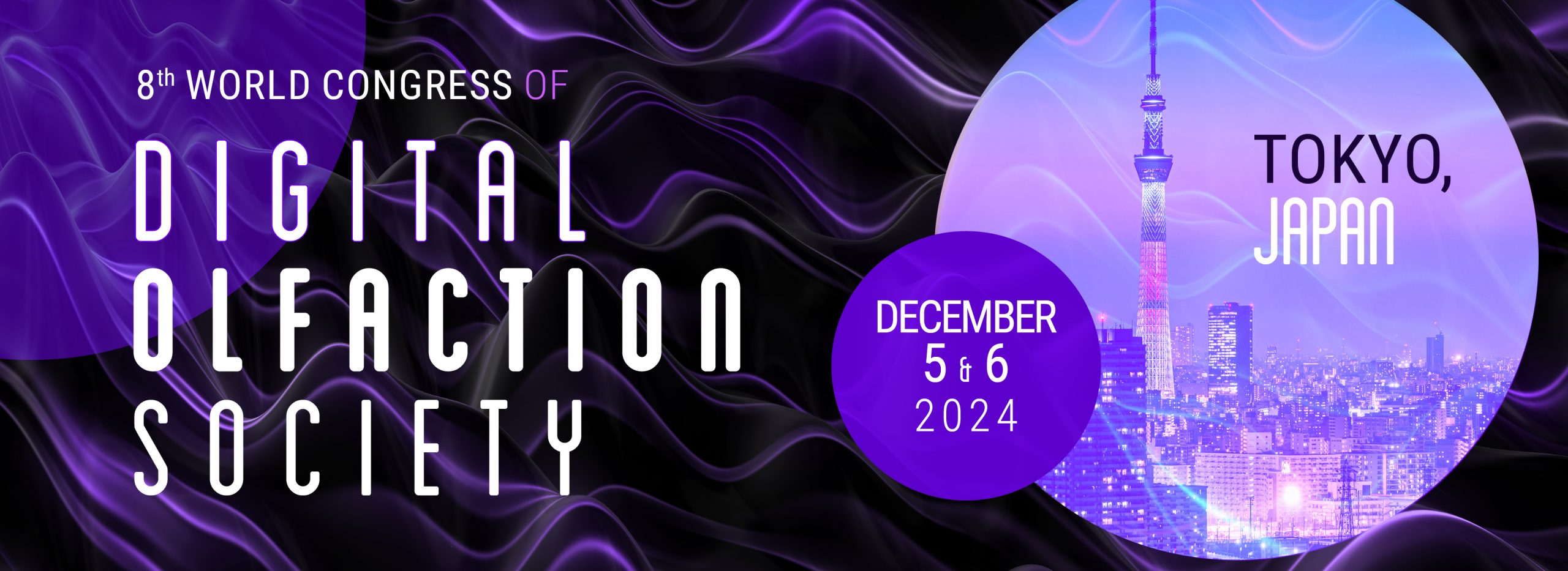Exploration into olfaction and experiential strategy: State of Art

From five human senses, smell and taste are still absent in a substantial manner in the virtual reality world. While visual (numbers, words, and images), audition (sounds) and tactile senses are widespread in virtual reality; the sense of smell remains largely absent. Absence of sense of smell also causes absence of taste (and flavor) because the former has a significant impact on the formation of the latter.
Without smell that has a much higher emotional valence than do numbers and words, human experiences are always defective and even confusing in the cyberspace. For example, an Internet user continues to smell olfactory signs of the computer lab, while s/he is virtually in a forest.
The absence of pertinent odor reduces the reality of virtual experience and consequently impedes the deployment of the experiential marketing in the borderless market of the Internet. The olfactory sensation can enhance the sensational experience of virtual reality, increase the stickiness of the website, and consequently lead to deployment of capable online experiential marketing strategies. In addition, smell can get attention through emotions on the Internet where abundant and increasing data and information have made attention a scare resource. In an age where sound and touch have already been mined, scent is the next logical next step in digital experience. It has the potential to tap into very strong emotions.
The research on hands aims to explore the past and current olfactory experiences in the different disciplines. The objective is to provide insights on the development of digital olfactory technologies and the impacts they might have on the deployment of experiential marketing strategies.
In this perspective, the paper respects following structure: First, we briefly present an olfactory sense system. Second, we review the literature on the impact of scents on human experiential attitudes. Third, we study the cases of digital olfactory technologies since the initial experiences up to now in order to pinpoint the factors of failure and success. Forth, we explore the potential of the existent olfactory digital technologies and the relative prototypes on the online experimental marketing strategies. Two methods command the development of this research. We adopt the research method of case study for the analysis of the digital olfactory technologies, and the method of strategic review for the analysis of experiential marketing online and offline.
